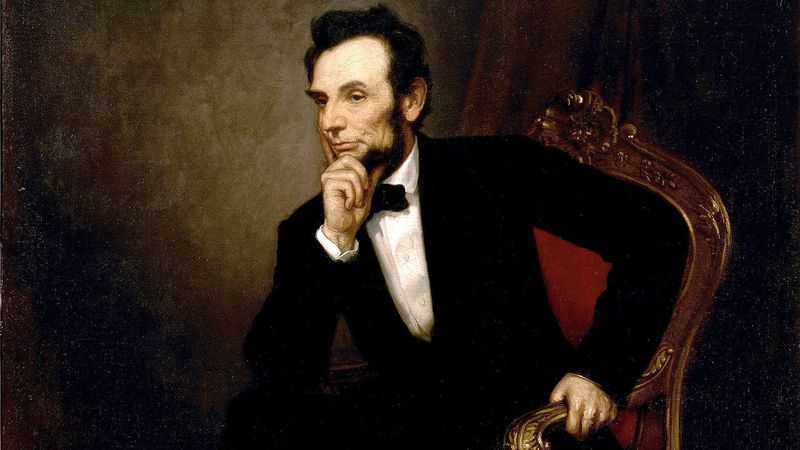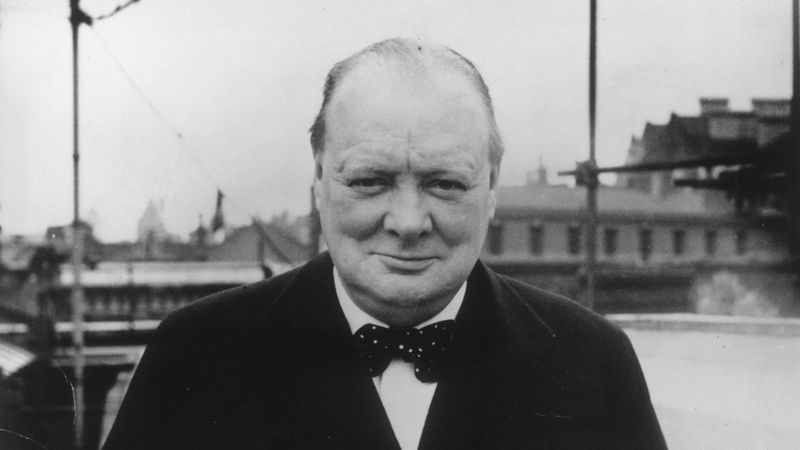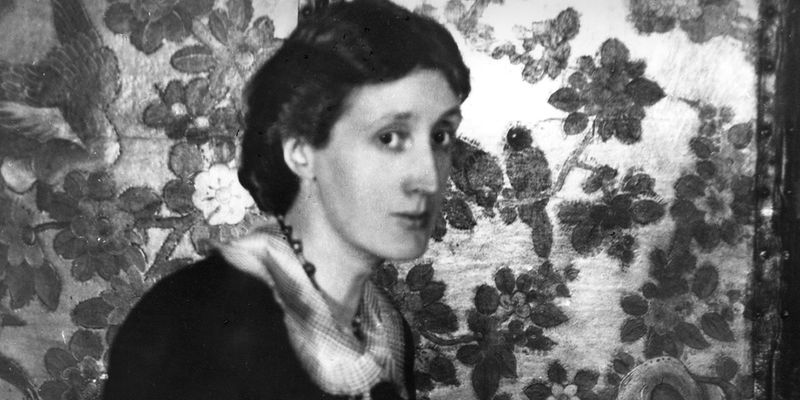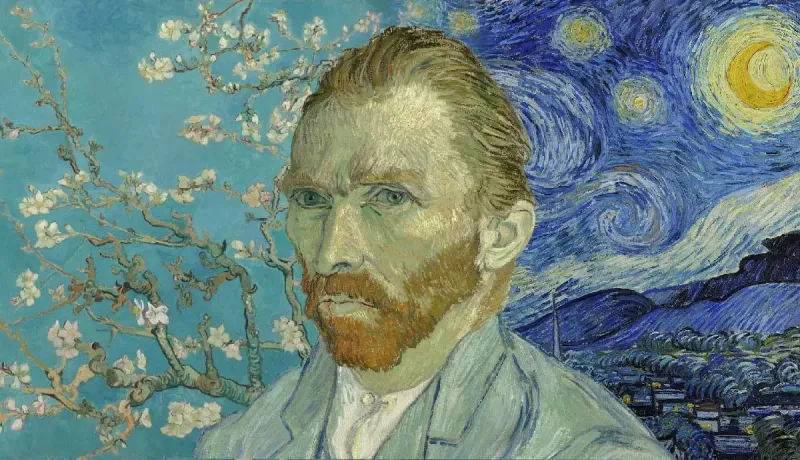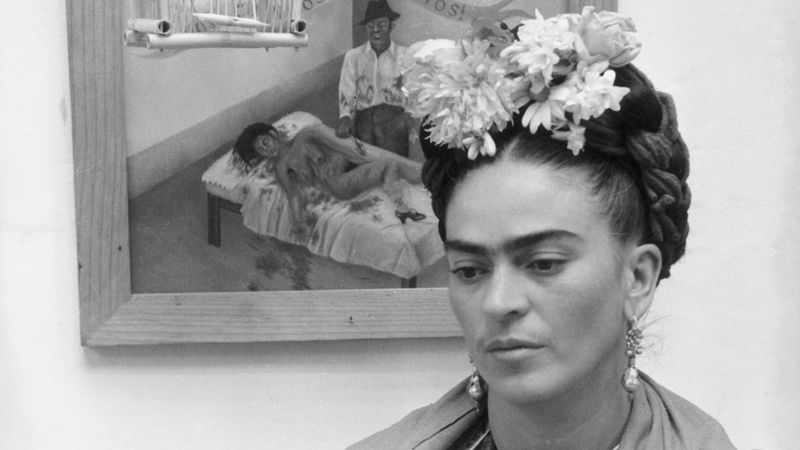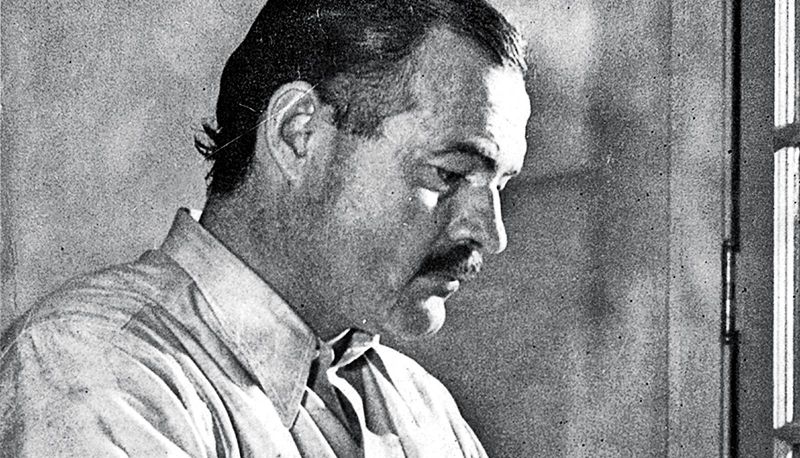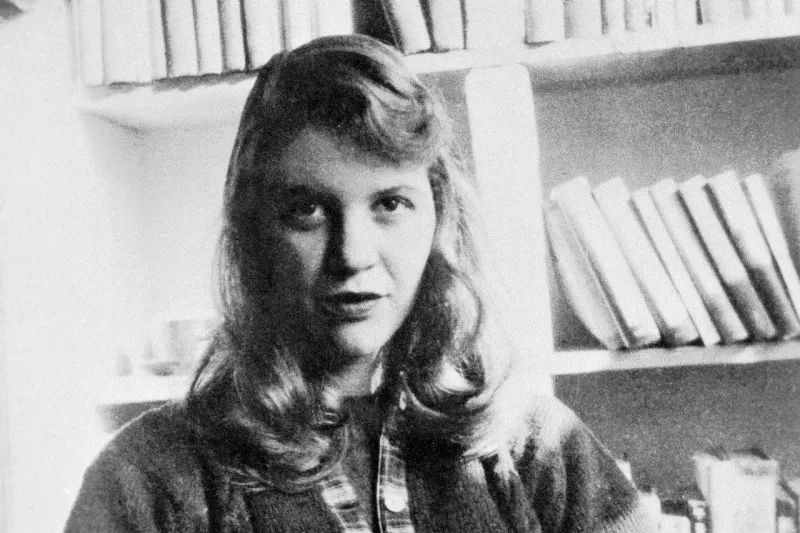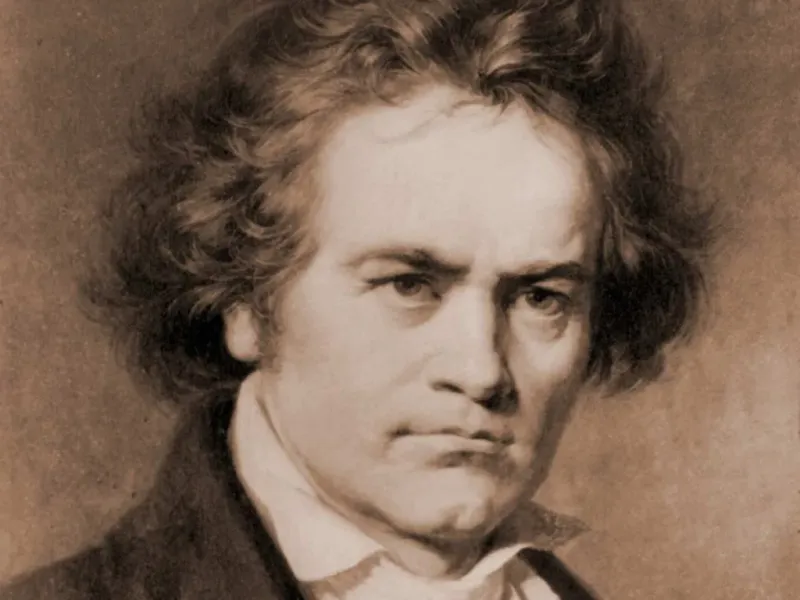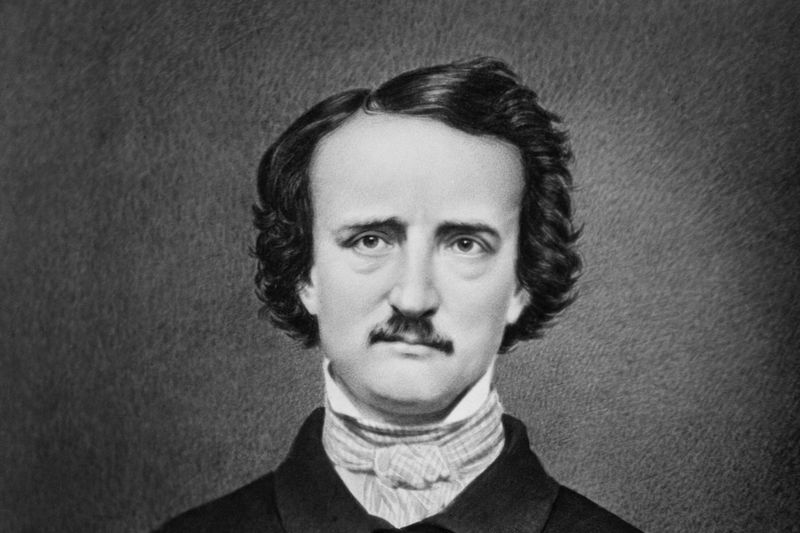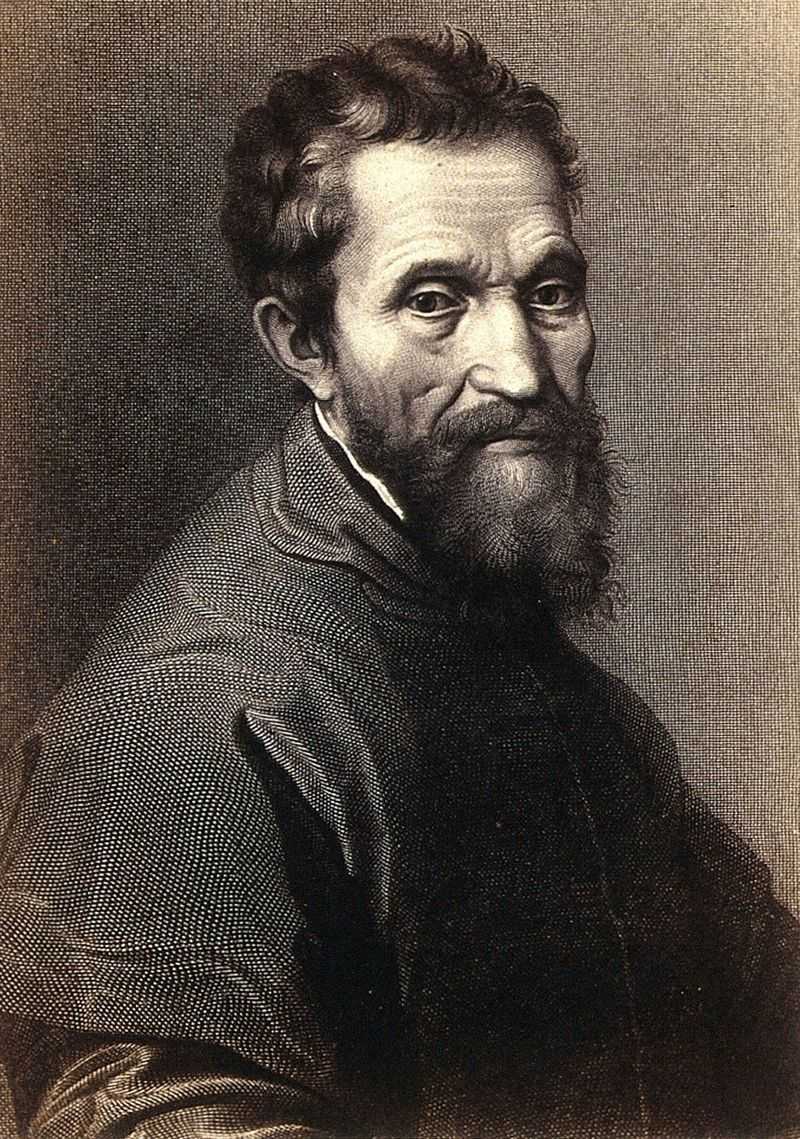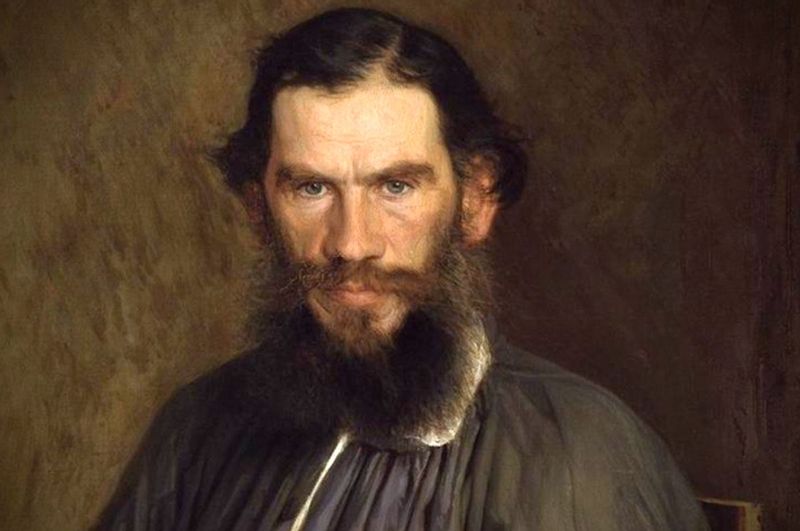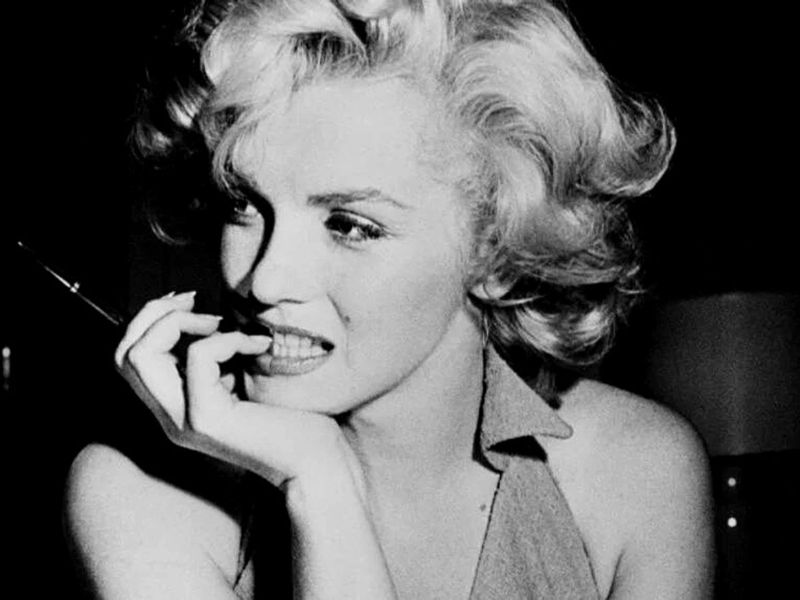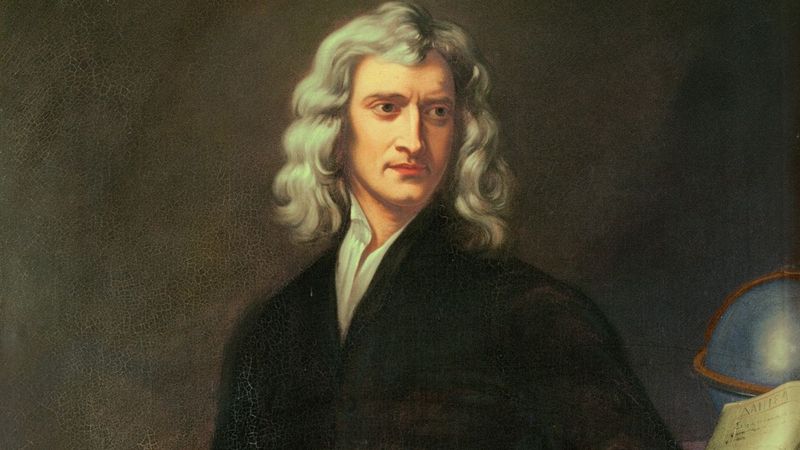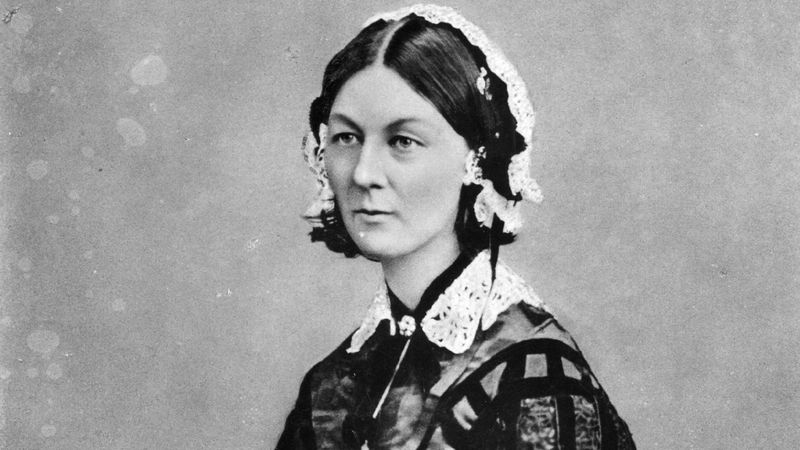Throughout history, many renowned figures have faced mental health challenges. These struggles often went unnoticed, as society was less understanding of mental health in the past.
However, acknowledging these icons’ battles can inspire us to approach mental health with greater empathy today.
Here, we explore the stories of 15 historical icons who bravely faced their mental health struggles, offering insight into their lives and legacies.
1. Abraham Lincoln
Abraham Lincoln, the 16th President of the United States, is often revered for his leadership during the Civil War. However, his life was not without personal turmoil. Known to have suffered from ‘melancholy’, a term used during his time for depression, Lincoln confronted profound mental health struggles.
He endured significant personal losses, including the death of his sons, which deepened his despair. Despite these challenges, Lincoln’s resilience and empathy shone through, influencing his leadership style. His story serves as a testament to the strength found in vulnerability and the power of perseverance amidst profound trials.
2. Winston Churchill
British Prime Minister Winston Churchill, known for his leadership during World War II, famously referred to his depression as his ‘black dog’. This metaphor highlighted his lifelong battle with mental health issues.
Despite his public persona of strength and decisiveness, he privately faced profound episodes of despair. Churchill’s transparency about his struggles helped destigmatize mental health challenges, offering solace to others experiencing similar issues.
His ability to lead with such conviction, while privately battling his ‘black dog’, remains an inspiring example of courage and resilience in the face of mental adversity.
3. Virginia Woolf
Renowned author Virginia Woolf was a literary genius, yet she battled severe mental health challenges throughout her life. Known for her innovative modernist writing style, Woolf’s own experiences with bipolar disorder profoundly influenced her work.
She navigated intense episodes of depression and manic highs, which often interrupted her creative process. Despite these challenges, Woolf produced some of the most acclaimed literary works of the 20th century.
Her candid exploration of mental health in her writings offers valuable insights and continues to resonate with readers, emphasizing the importance of mental health awareness and compassion.
4. Vincent van Gogh
Vincent van Gogh, the famed Dutch painter, is as well-known for his vibrant artwork as for his intense mental health struggles. Suffering from episodes of psychosis and depression, van Gogh’s mental health heavily influenced his art.
His emotional turmoil is depicted in his bold brush strokes and vivid color choices, capturing the complexity of his internal world. Despite his struggles, van Gogh’s art has left a lasting legacy, showcasing the profound connection between creativity and mental health.
His life story reminds us of the hidden battles that many face and the importance of empathy and support.
5. Frida Kahlo
Frida Kahlo, the iconic Mexican artist, is celebrated for her deeply personal and emotive paintings. Behind her vivid self-portraits lay a life of significant physical and mental health struggles.
Kahlo experienced chronic pain and depression, largely due to a severe bus accident in her youth, which shaped her artistic journey. Her paintings reflect her resilience and refusal to be defined by her hardships.
Kahlo’s work continues to inspire, encouraging others to confront their own challenges with creativity and courage, highlighting the therapeutic power of art in expressing inner emotions.
6. Ernest Hemingway
Ernest Hemingway, the celebrated American novelist, led a life as adventurous as the characters he created. Yet, behind his rugged persona, Hemingway battled severe depression and alcoholism.
These struggles often threatened his creativity, but he persevered, producing some of the 20th century’s most influential literature. Hemingway’s openness about his mental health challenges was ahead of its time, encouraging discussions about masculinity and vulnerability.
His life and work continue to resonate, reminding us of the complex interplay between mental health and creativity, and the importance of seeking help and understanding.
7. Sylvia Plath
Sylvia Plath, a profound poet and novelist, left an indelible mark on literature. Her work often reflected her own struggles with mental health, including severe depression.
Plath’s writing, raw and introspective, provided a voice for her internal battles, bringing visibility to mental health issues. Despite her tragic end, her legacy continues to inspire and resonate with readers worldwide.
Plath’s courage in openly discussing her mental health challenges encourages others to do the same, fostering a deeper understanding and empathy for those grappling with similar experiences.
8. Ludwig van Beethoven
Ludwig van Beethoven, one of history’s greatest composers, faced profound mental health challenges. Despite becoming deaf later in life, which contributed to his depression, Beethoven’s passion for music never waned.
His compositions, filled with intense emotion, reflect his internal struggles and triumphs over adversity. Beethoven’s dedication to his craft, even amidst personal turmoil, remains an inspiring testament to the power of resilience.
His story highlights the importance of perseverance and the therapeutic nature of creativity, offering hope and inspiration to those facing their own mental health challenges.
9. Princess Diana
Princess Diana, known as the ‘People’s Princess’, captivated the world with her grace and compassion. Behind her public image, Diana bravely battled depression and an eating disorder.
Her candid discussions about her mental health struggles broke barriers, bringing these issues into the public spotlight. Diana’s openness inspired many to seek help and talk about their own challenges.
Her legacy lives on, reminding us of the importance of empathy, understanding, and the courage it takes to confront mental health issues openly, particularly in the public eye.
10. Edgar Allan Poe
Edgar Allan Poe, the master of macabre and mystery, lived a life as tumultuous as his tales. Struggling with depression and substance abuse, Poe’s personal turmoil heavily influenced his work.
His haunting stories and poems offer a glimpse into his complex psyche, captivating readers with their depth and emotion. Despite his struggles, Poe’s literary genius continues to be celebrated and studied worldwide.
His life underscores the enduring connection between creativity and mental health, urging us to explore the shadows of the mind with compassion and understanding.
11. Michelangelo
Michelangelo Buonarroti, the Renaissance master known for his sculptures and paintings, faced his own mental health challenges. Known for his intense work ethic, Michelangelo often isolated himself, which contributed to his bouts of depression.
Despite these struggles, his artistic genius never faltered, producing masterpieces like the Sistine Chapel ceiling. His legacy is a testament to the triumph of creativity over adversity.
Michelangelo’s life story reminds us of the delicate balance between solitude and creativity, and the importance of mental health awareness, even among the most gifted individuals.
12. Leo Tolstoy
Leo Tolstoy, the Russian author of ‘War and Peace’, experienced profound existential crises and depression throughout his life. His search for meaning and spiritual fulfillment influenced his writing and philosophy.
Tolstoy’s openness about his struggles and his journey towards spiritual enlightenment brought mental health and existential questions into broader discourse.
His story exemplifies the transformative power of literature and introspection, encouraging readers to explore their own beliefs and mental wellbeing with honesty and courage.
13. Marilyn Monroe
Marilyn Monroe, the iconic Hollywood actress, is remembered for her beauty and star-studded career. Behind the glamour, Monroe struggled with depression and anxiety, facing immense pressure from the entertainment industry.
Her vulnerability and openness about her mental health challenges were groundbreaking at the time, highlighting the often-overlooked struggles of fame. Monroe’s legacy continues to inspire conversations about mental health in the entertainment world.
Her life story reminds us of the importance of compassion and the need to support those dealing with mental health issues, regardless of their public personas.
14. Isaac Newton
Sir Isaac Newton, the legendary scientist and mathematician, experienced significant mental health challenges, including periods of depression. His introspective nature often led him into deep contemplation, which sometimes spiraled into despair.
Despite these challenges, Newton’s contributions to science and mathematics were unparalleled, shaping modern understanding of physics and the natural world.
His story highlights the complexity of the human mind, reminding us that even the greatest thinkers face mental health struggles. Newton’s legacy encourages a compassionate approach to understanding the interplay between intellect and emotion.
15. Florence Nightingale
Florence Nightingale, the pioneering nurse known as ‘The Lady with the Lamp’, revolutionized nursing and healthcare. Despite her significant contributions, Nightingale battled depression throughout her life.
Her dedication to improving healthcare conditions often took a toll on her mental wellbeing. Nevertheless, she persisted, leaving a lasting impact on the nursing profession.
Nightingale’s story serves as a reminder of the resilience needed to make a difference, and the importance of caring for one’s mental health while caring for others. Her legacy continues to inspire those in the healthcare field globally.
